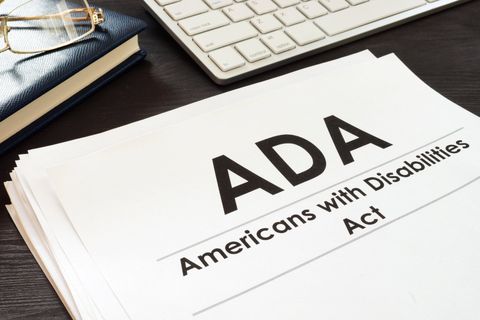"I believe marrying todays best online marketing tools along with building a strong brand identity gives you the edge you need!"
Terry

Websites

Just a Small Sample of our Website Work
Social Media
Graphics / Animations / Videos & Media
Nowadays your brand is more then just a name, and getting your name out requires much more that it has before. From different platforms, to logos, videos, it's important your brand is everywhere and using the most cutting edge tools available to you today.
Check out this simple example of a powerful animation that you can easily add to your website or social media sites.
We can create almost any type of logo animation and graphics that your business may need for videos, website and social media. Just contact us and let us know what you are looking for!
ADA Website Compliance 2020
ADA website compliance is a hot topic among any business that has a website (and in today’s world, that really is 99% of them). You’ve likely seen news stories about companies that are getting sued or settling out of court for having a website that doesn’t comply with the American Disabilities Act and you’re also probably wondering if this affects you or your business.
What happens if I don’t comply? And who enforces it?
If your website, digital documents, or other electronic products and interfaces do not comply with the ADA and are not accessible to people with disabilities, you run the risk of a civil lawsuit resulting in a monetary settlement. If an individual has problems accessing your website or other digital products and services, they could sue you and the question would then be decided by the courts and enforced by the US justice system.
CLICK HERE TO CONTACT US ABOUT ADA, WE CAN HELP!
Recent Lawsuits of Websites for
ADA Compliance
Beyoncé
Industry: Entertainment
Beyoncé is one of the world’s most recognizable pop superstars. She’s known for her music, her choreography, and fashion. What you wouldn’t connect Beyoncé to, though, is a website that doesn’t meet accessibility standards.
The lawsuit began with a class-action lawsuit filed by Mary Conor. Mary is a visually impaired woman from New York who claimed that she couldn’t access key features of Beyoncé’s website because it wasn’t built or maintained to meet WCAG 2.0 AA standards.
Source: https://www.impactbnd.com/blog/is-your-website-ada-compliant-what-beyonces-website-accessibility-lawsuit-taught-us
Fox News Network
Industry: Media/News/Entertainment
Like the Domino’s Pizza case, Luc Burbon, a visually impaired individual, sued the Fox News Network because it didn’t meet WCAG 2.0 standards. According to the article cited below, the website blocked Luc from being able to receive goods and services available at Fox News’ physical locations (including live broadcasts and tapings that audience members can attend).
The case was ultimately settled and dismissed, on the condition that Fox News made changes to their website to meet ADA standards.
Source: https://lovata.com/blog/ada-website-compliance-lawsuits-recent-and-high-profile.html
Nike
Industry: Retail/Fashion
In 2017 – 2018, Nike was sued by Maria Mendizabal, a visually impaired individual and the lawsuit included both Nike.com and Converse.com. Like the above cases, the plaintiff argued that the website would not work for those using screen reading software. There were no alt-tags in place for images, empty links without text, etc.
The case was ultimately dismissed as the Nike and the plaintiff reached a settlement agreement.
Source: https://www.accessiblemetrics.com/blog/4-key-takeaways-from-2018-web-accessibility-lawsuits/
Domino’s Pizza
Industry: Restaurants/Food & Beverage
A blind man filed a lawsuit against Domino’s in September 2016 and claimed that he was unable to order customized pizza or take advantage of online-only discounts because both the website and mobile app wouldn’t work with his screen reading software.
Neither the website or app met basic Web Content Accessibility Guidelines (WCAG) and a judge ruled in favor of Guillermo Robles, the man who filed the lawsuit.
Source: https://www.courthousenews.com/court-says-dominos-pizza-website-must-be-accessible-to-the-blind/
Blue Apron
Industry: Food/E-Commerce
Blue Apron is an online business that provides delivered meal kits to those that subscribe to their service. The plaintiff in this case claimed that Blue Apron did not meet WCAG 2.0 standards, which hindered visually impaired individuals the ability to use basic features on the website.
Like many of the above cases noted, there were no alt-tags in place, no captions on videos that explained key features/benefits of the Blue Apron service, and more.
Blue Apron attempted to have the case dismissed, but the District Court in New Hampshire denied that motion.















